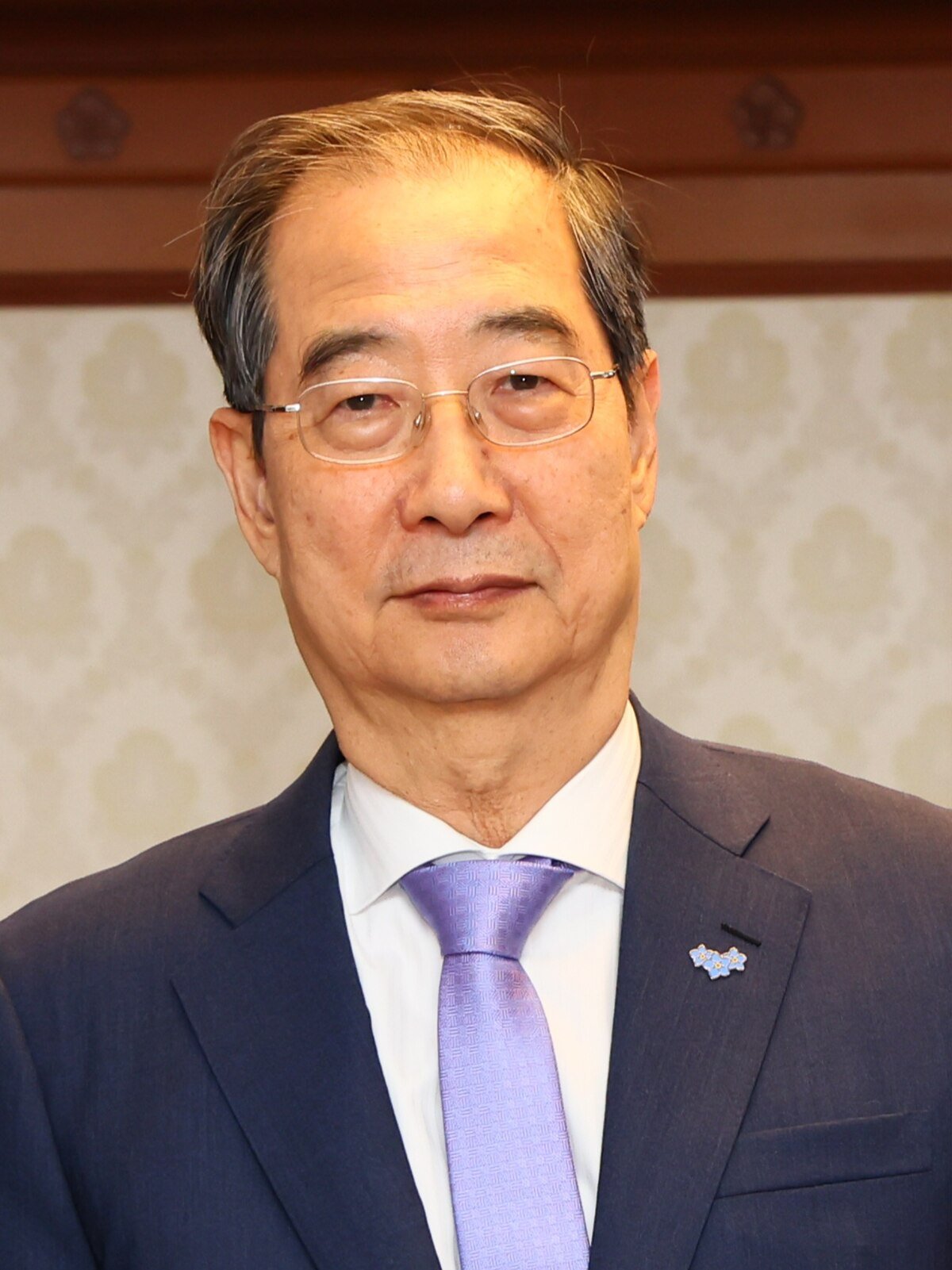
Hundreds of accommodations on the resort island of Jeju are closing as it is losing its sheen with Korean vacationers.
According to the local government of Jeju Province on Friday, 227 accommodations, including small-sized hotels and hostels, went out of business between January and May, with 21 temporarily closing.
This is a grim sign of Jeju’s economy, which heavily relies on the tourism sector. During the same period the previous year, five such businesses reported their closures, with one temporarily suspending operation.
Home-stay business owners accounted for 219 of 248 those closing this year permanently or temporarily.
The number of accommodations there swelled during the COVID-19 pandemic, from 5,933 in 2021 to 6,960 in 2023, as many Koreans opted to choose Jeju as their holiday destination amid strict border restrictions in place across the world.
With all pandemic restrictions lifted, many travelers have gone overseas instead since the end of the pandemic, which was officially declared over by the World Health Organization in May 2023.
For the first five months of this year, 4,926,088 Korean tourists visited the island, compared with 5,344,546 in 2023 and 5,539,816 in 2022.
There has been a surge in the number of foreign visitors to Jeju. But they tend to stay at big hotels, many of which have business deals with travel agencies that bring them to the island through their package programs.







